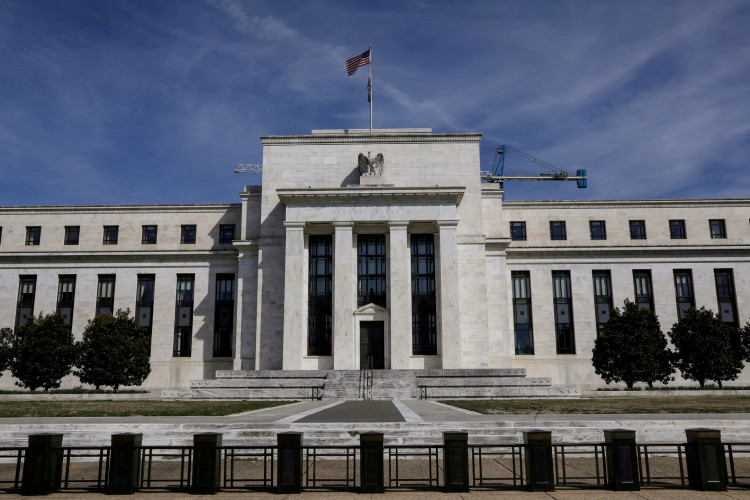On Thursday, the United States central bank gave the green light for its largest interest rate increase in more than three decades to combat a surge in inflation that U.S. finance officials acknowledged may be eroding public confidence in their authority.
The widely anticipated action increased the target federal funds rate by three-quarters of a percentage point to a range between 1.5 and 1.75%, which is still historically low.
However, the Fed's hawkish commitment to controlling inflation has already resulted in a widespread tightening of credit conditions, which is already being felt in the U.S. housing and stock markets and is likely to slow demand across the economy, which is the Fed's intention.
The Federal Funds Rate (FFR) is expected to reach 3.4% by the end of the year, assuming a continuation of steady rate hikes through the remainder of the year, possibly including additional 75-basis-point increases.
That would be the highest level since January 2008 and sufficient, according to Fed projections, to significantly slow the economy in the coming months and increase unemployment.
Fed Chair Jerome Powell stated at a news conference following the conclusion of their most recent two-day policy meeting that the central bank was not attempting to induce a recession.
Nonetheless, Powell's remarks were among his most sobering to date regarding the difficulty he and his fellow policymakers face in lowering inflation from its current 40-year high to a level closer to its 2% target.
"Our objective is to bring inflation down to 2% while the labor market remains strong," Powell said, citing the war in Ukraine and global supply concerns as factors that will play a significant role in determining whether this is possible.
"There is a path for us to get there... It is not getting easier. It is getting more difficult," he told reporters, noting that the rate hikes announced last month and in March so far had not only failed to slow inflation.
That, Powell said, allowed it to continue accelerating to a level that recent data suggests has begun to influence public attitudes in a manner that could make the Fed's job even more difficult.
A survey released on Friday has indicated that consumer inflation expectations were up sharply for the month of June, a result Powell described as "quite startling" and sufficient to sway policymakers toward a larger 75-basis-point increase in the hopes of making faster progress on the inflation front.






